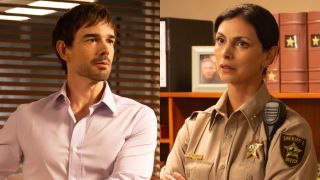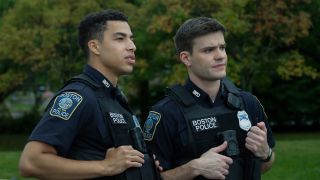Interviews
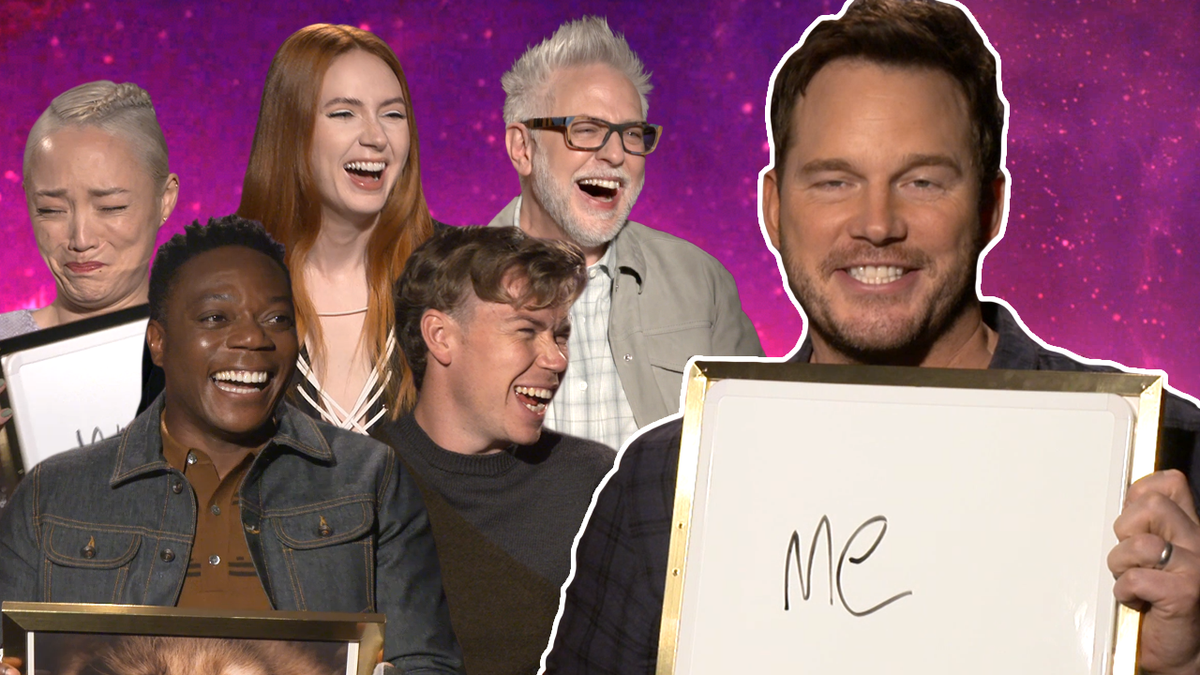
CinemaBlend frequently sits down with the talent who are responsible for the movies, television shows, streaming features, and pop-culture moments that you want to be reading more about. From Tom Hanks to the cast of Avatar, from the latest contestant on The Masked Singer to the cast of Yellowstone, CinemaBlend ample time for exclusive conversations with Hollywood's biggest stars.
And CinemaBlend prides itself on asking talent the questions that they aren't hearing from every other outlet, leading to passionate answers that are meant to educate and entertain you, our readers. If they are important in Hollywood, they are speaking with CinemaBlend.
Latest about Interviews

Helen Mirren Didn’t Want To Play A Dying Woman In Netflix’s Goodbye June, But Kate Winslet Told Us What Convinced Her
By Sarah El-Mahmoud published
Exclusives "She's like the backbone of Britain."
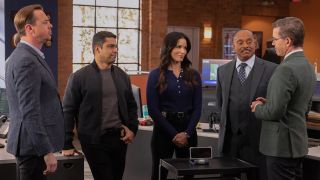
I Learned What’s ‘Gonna Fuel Some Pretty Major Storylines’ When NCIS Season 23 Resumes, And It Makes Me Worried About A Specific Character
By Adam Holmes published
Exclusives What's ahead for 2026?

I Caught A 2001: A Space Odyssey Reference In Avatar: Fire And Ash, And I Asked James Cameron About It
By Sarah El-Mahmoud published
Exclusives SPOILERS AHEAD.

So, Emily In (Spoiler)? After Emily In Paris’ Season 5 Finale, Lily Collins And Ashley Park Told Me Their Ideas For THAT Trip
By Riley Utley published
Let's make this happen.
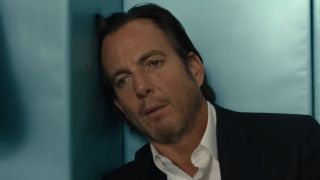
Why Are So Many Funny Movies About Depression And Anxiety? Will Arnett Broke It Down While Discussing Is This Thing On
By Erik Swann published
Exclusives I can count so many of these kinds of films.

Ghosts’ Devan Chandler Long Told Me ‘The Others’ Are ‘Connected To Someone In The House,’ And I Have Guesses
By Riley Utley published
Who could "The Others" be?

How Did The Flying Dutchman End Up In SpongeBob Anyway? The Voice Actors Shared Details (And Memories) As Mark Hamill Takes Him On
By Sarah El-Mahmoud published
Exclusives The Flying Dutchman's big-screen debut is here.
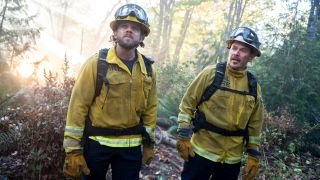
We Broke Down Why We Should ‘Be Worried’ After Fire Country’s Major Save, Truck Flip And More With The Showrunner
By Megan Behnke published
Exclusives The wait will be excruciating.
Your Daily Blend of Entertainment News
